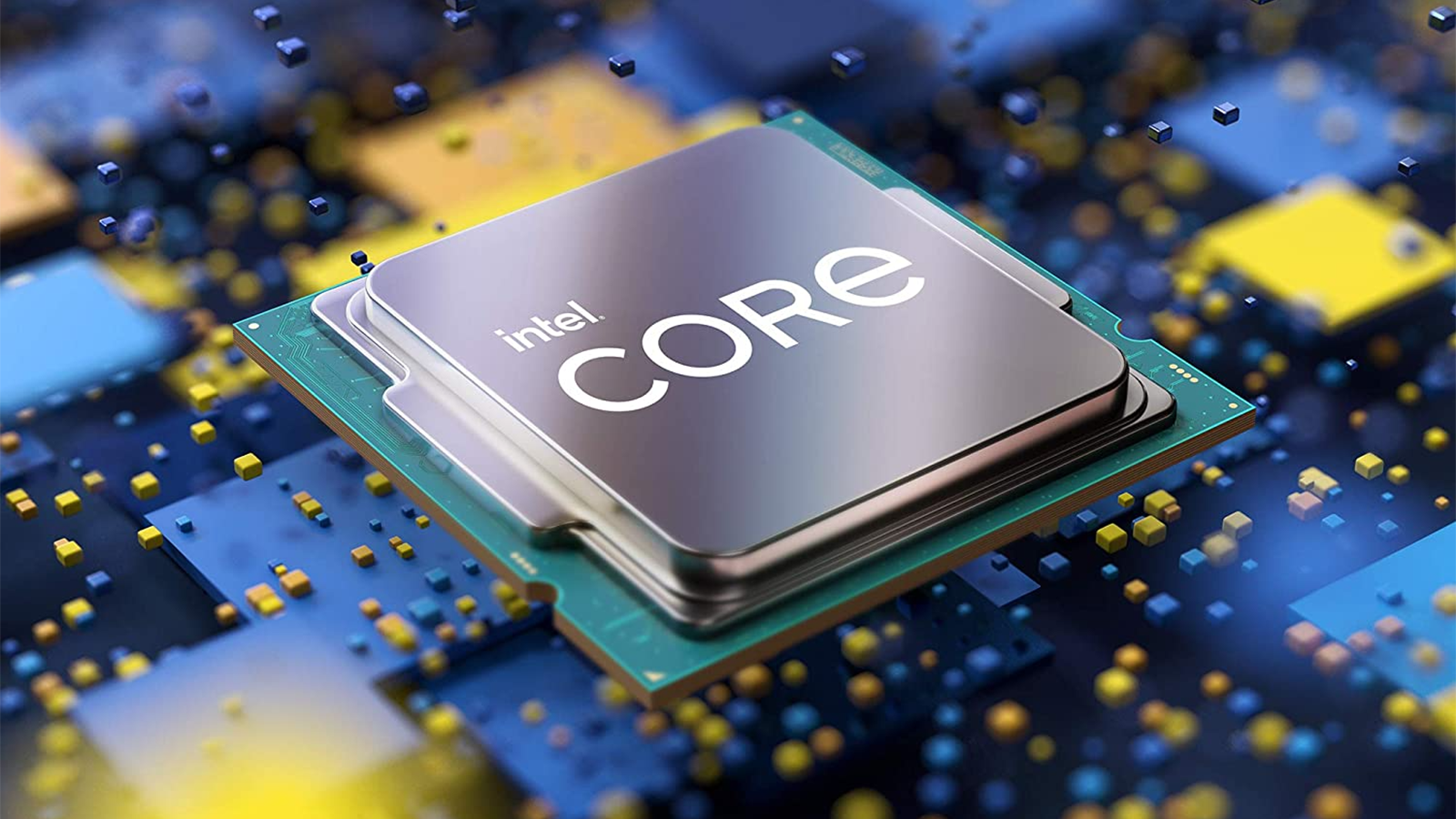The new range of processors desktop from Intel – Raptor Lake Refresh – gains in frequency and performance.
First simply seen “freely” on the Net, a Core i5-14600K processor was even measured on the Geekbench software for results that distance it a little from its predecessor.
200 MHz better than 13600K
The Raptor Lake Refresh range could well be presented by Intel in September on the occasion of Innovation 2023 while the marketing seems to have to be done at the end of October.
© VideoCardz
At the beginning of the week, we had the first information and the first leaks related to the two “heavy” of the range, the Core i9-14900K and Core i7-14700K. Today, it’s the latest, the Core i5-14600K, which delivers more fully and with more interesting performance measures. Indeed, the configuration that housed this CPU was more in line with the specifications of the beast: ASUS Z790 motherboard and 32 GB of DDR5-6000.
Used for measurements, the Geekbench tool returns two performances depending on whether single-threaded or multi-threaded were used. In either case, it’s worth noting the confirmation that the Core i5-14600K can reach – in boost – a maximum of 5.3 GHz, which is 200 MHz more than the smaller brother Core i5-13600K.

5.5% to 17.2% higher perfs
As its name clearly indicates, the Raptor Lake Refresh range is not intended to revolutionize Raptor Lake launched by Intel at the end of last year. This is a simple “update”.
The increase in operating frequencies is therefore very much in line with this objective, of which we can see the beginning of results with Geekbench. The tool is not known to be the most convincing benchmark, but it still allows you to start getting an idea of the processor. Indeed, with 2,794 points in single-core and 17,190 points in multi-core, it signs performances respectively 5.5% and 17.2% higher than those of the Core i5-13600K on the same (6.1) version of Geekbench.

It’s too early to draw conclusions, of course, but it’s still worth noting that while the improvement in single-core performance is roughly equivalent to the increase in CPU boost frequency, it’s not the case in multi-core: additional optimizations have made it possible to go significantly further. Case to follow with, in particular, much-awaited information around consumption and PBP / TDP.
Source : VideoCardz #1, VideoCardz #2

1